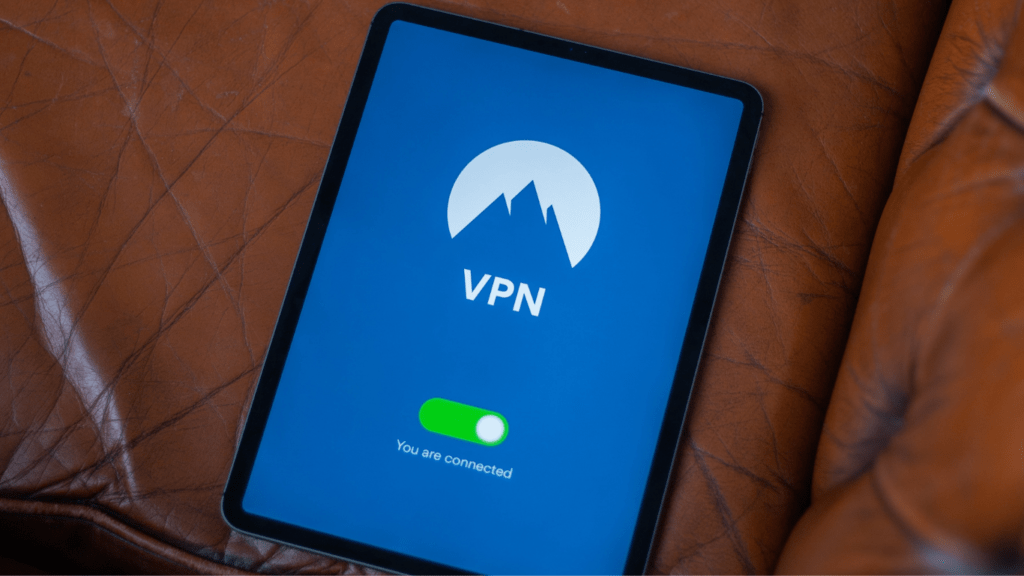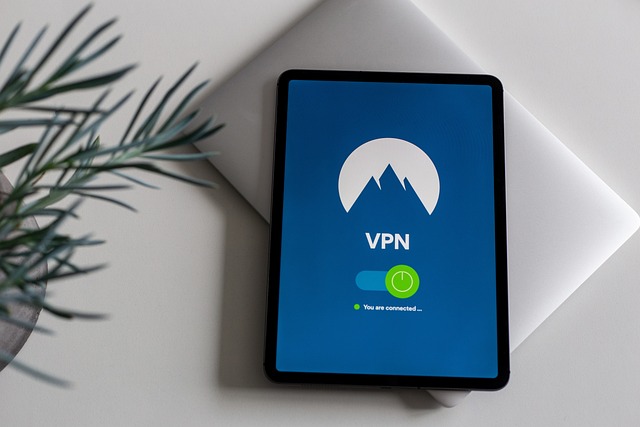Understanding the Risks of Online Gambling Payments
Online gambling payments expose users to several risks, necessitating a deep understanding of potential threats. Recognizing these risks is crucial to safeguarding financial information.
Common Payment Fraud Tactics
Cybercriminals use various tactics to commit payment fraud in online gambling.
- Phishing attacks often involve fraudulent emails or websites that trick users into disclosing personal information.
- Identity theft occurs when criminals use stolen personal data to make unauthorized transactions.
- Man-in-the-middle attacks involve intercepting communications between the user and the platform, allowing attackers to steal information.
- Chargebacks happen when fraudsters use stolen credit cards; the real cardholders dispute the charges, resulting in losses for both the casino and the players.
Vulnerabilities in Online Gambling Systems
Online gambling systems face multiple vulnerabilities such as:
- Software flaws can be exploited to gain unauthorized access
- Weak encryption allows private data to be more easily intercepted
- Inadequate authentication procedures leave accounts exposed to unauthorized users
- Insufficient monitoring of transactions creates opportunities for illicit activities to go unnoticed
- Updated with security patches not regularly are more susceptible to attacks
Understanding these risks enables users to take protective measures and enjoy a safer online gambling experience.
Best Practices for Secure Online Transactions
Secure online transactions in gambling involve specific practices to mitigate risks and safeguard financial data.
Using Encrypted Payment Gateways
Using encrypted payment gateways ensures that financial data exchange remains secure. Encryption converts data into a format that only authorized parties can read.
Payment gateways like PayPal and Stripe use advanced encryption standards (AES-256) to protect transactions.
Check that the gambling site uses HTTPS, denoted by a padlock icon, to confirm encrypted communication. This prevents interception by malicious actors during data transfer.
Implementing Two-Factor Authentication
Implementing two-factor authentication (2FA) adds an extra layer of security to online transactions. It requires users to provide two forms of identification before accessing their accounts.
Typically, this involves something the user knows (password) and something they possess (smartphone). Google Authenticator and Authy provide reliable 2FA services, generating time-sensitive codes for login verification.
This method significantly reduces the risk of unauthorized access, even if the password is compromised.
Recommended Security Tools and Software
Using advanced tools and software is essential for secure online payments in gambling to enhance protection against potential threats.
VPNs and Their Role in Secure Payment

VPNs (Virtual Private Networks) encrypt internet connections. They create a secure tunnel for data transfer, preventing interception and ensuring privacy.
For online gambling, using a VPN mitigates the risk of data breaches by masking IP addresses. Popular VPN services like NordVPN and ExpressVPN provide robust security features, including AES-256 encryption and no-logs policies.
Anti-Fraud Software Solutions
Anti-fraud software detects and prevents fraudulent transactions.
These solutions use machine learning and AI to identify suspicious activity. In the gambling industry, implementing anti-fraud software reduces chargebacks and financial losses.
Tools like Kount and Sift analyze transaction patterns and flag potential fraud in real-time. Real-time monitoring and analytics enable immediate responses to threats, enhancing overall security.
Legal and Compliance Considerations
Understanding legal and compliance aspects is vital for securing online payments in gambling. It’s important to remain aware of international and local regulations to ensure secure and compliant transactions.
Understanding Payment Regulations in Gambling
Payment regulations in gambling vary by jurisdiction. In the United States, the Unlawful Internet Gambling Enforcement Act (UIGEA) prohibits gambling businesses from accepting payments related to unlawful internet gambling.
Complying with this act ensures avoiding legal complications and financial penalties. In the European Union, the Payment Services Directive (PSD2) establishes strict authentication requirements for online transactions.
Adhering to PSD2 regulations prevents unauthorized transactions and builds trust with users.
Industry-specific regulations, like those from the UK Gambling Commission (UKGC), demand stringent measures for processing payments securely, protecting both operators and users.
Ensuring Compliance with Global Payment Standards
Compliance with global payment standards enhances the security and reliability of online gambling transactions.
The Payment Card Industry Data Security Standard (PCI DSS) mandates measures to secure cardholder data, including encryption, access controls, and regular monitoring. Following PCI DSS ensures safeguarding customer data and reducing breach risks.
Anti-Money Laundering (AML) regulations require gambling operators to implement procedures to detect and prevent illegal activities.
Incorporating Know Your Customer (KYC) protocols effectively verifies user identities, ensuring compliance with AML laws.
Adopting these global standards strengthens the security framework and promotes a trustworthy gambling environment.


